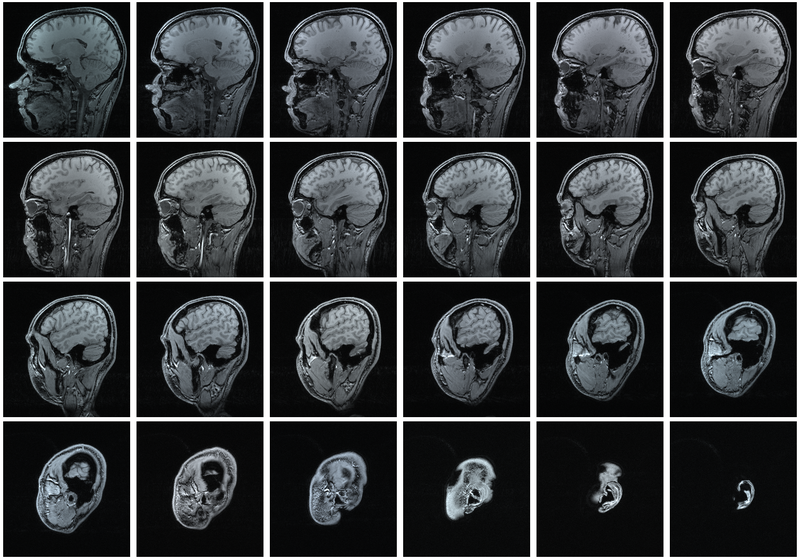Health, ICT, Research - AI Can Detect Alzheimer's
Researchers have bypassed traditional forms of testing for Alzheimer's Disease to develop a promising new method using artificial intelligence to accurately spot the earliest signs of the disease - a decade before the first symptoms appear.
Early diagnosis is important; even though Alzheimer's is incurable, early detection gives people the ability to seek treatment that can slow down the condition's effects, as well as enough time to get their legal and financial affairs in order.
The team at Italy's University of Bari developed an algorithm for their AI, and then fed it a series of 67 MRI scans - 38 showing the brains of Alzheimer's patients, 29 from a control group of healthy brains. They subdivided the scans into small regions and had their AI analyze the neuronal connectivity between.

Once class was complete, it was time for the test. The researchers tested the algorithm by having it examine brain scans from 148 subjects; 48 were scans of people with Alzheimer's, another 48 were scans of people who suffered from mild cognitive impairment and eventually developed full-blown Alzheimer's.
The University of Bari AI accurately diagnosed 86 percent of the MRIs it was programmed to examine. More importantly, it showed an 84 percent success rate identifying the patients with mild cognitive impairments, making it a potentially powerful took for early diagnosis.
Researchers hope by feeding it more MRIs from more diverse databases, the AI will improve its accuracy and turn into a reliable, non-invasive early detection system.








 Create PDF
Create PDF Print
Print Email to friend
Email to friend